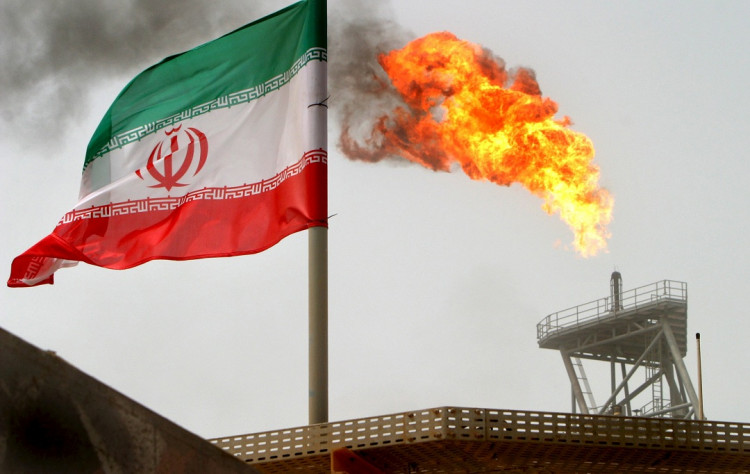The Biden administration finds itself in a precarious position following Iran's recent missile and drone assault on Israel. Despite the severity of the attack, significant punitive measures against Iran's crucial oil sector appear unlikely. Analysts suggest that fears of escalating oil prices and straining relations with China, the largest consumer of Iranian oil, are influencing the U.S. response.
The attacks, which were reportedly in retaliation for an Israeli strike on the Iranian consulate in Damascus, have ignited a political firestorm in Washington. House Republicans have criticized President Biden for not enforcing existing sanctions more rigorously. Representative Steve Scalise, in a Fox News interview, accused the administration of easing the path for Iran's oil sales, thereby indirectly funding what he described as terrorist activities.
Historically, the U.S. has imposed sanctions aimed at curtailing Iran's oil exports, vital to its economy. Former President Donald Trump intensified these measures in 2018, withdrawing from the international nuclear deal. Although the Biden administration has attempted to crack down on sanction evasions, enforcement has waned, allowing Iran to maintain near pre-sanction levels of oil exports.
Scott Modell, former CIA officer and CEO of Rapidan Energy Group, noted the complexity of significantly altering the current sanctions landscape. "It's hard to see the Biden administration going into overdrive to enforce existing sanctions or new ones to try to cut or curb Iranian oil exports in any meaningful way," Modell explained.
The potential impact on global oil prices is a major concern. Kimberly Donovan of the Atlantic Council emphasized that tightening sanctions could lead to higher oil prices, a particularly sensitive issue in an election year. "The price of oil and ultimately the prices of gas at the pump become critical during an election year," she stated.
The U.S.-China relationship adds another layer of complexity. China, which disguises most of its Iranian oil imports under different origins, remains a pivotal player. Any aggressive sanctioning actions could jeopardize the delicate detente between the two superpowers, especially following tensions over incidents like the downed Chinese surveillance balloon.
A State Department spokesman reiterated that U.S. sanctions on Iran have not been lifted and that enforcement continues. However, actions taken thus far suggest a cautious approach, aimed more at maintaining stability in oil markets and international relations than completely shutting down Iran's oil exports.
The administration is also keenly aware of the broader regional implications. Escalating sanctions could exacerbate tensions in the Middle East, particularly between Israel and Iran. Efforts to prevent the Gaza conflict from widening into a regional conflagration have been a stated priority for Washington.
Analysts like Jon Alterman from the Center for Strategic and International Studies argue that while the U.S. might signal tougher actions against Iran, the likelihood of completely severing Iran's oil exports is slim. Evaders are adept at navigating sanctions, and significant measures, such as targeting major Chinese financial institutions, remain unlikely.
As the situation unfolds, the Biden administration continues to navigate a complex geopolitical landscape, where economic interests, international diplomacy, and domestic politics converge. While the call for tougher sanctions grows louder in some quarters of Washington, the broader strategic considerations seem to favor a more measured approach. This balancing act underscores the intricate interplay between national security and global economic stability in U.S. foreign policy.






